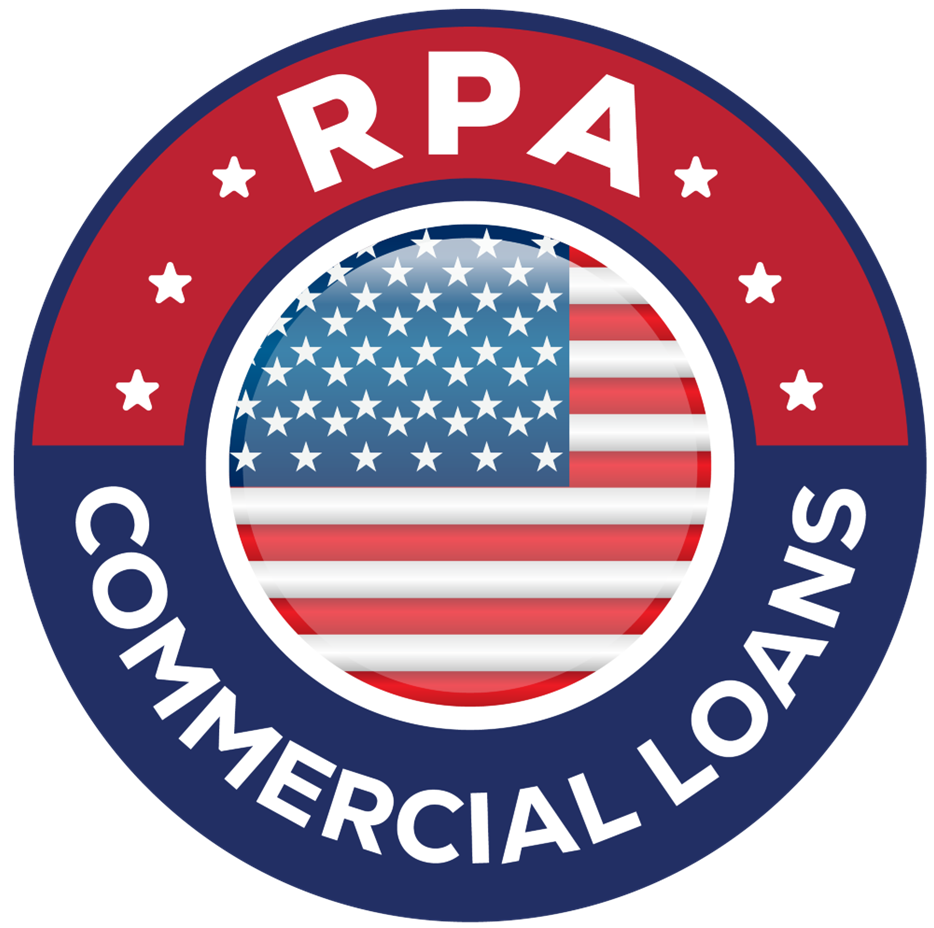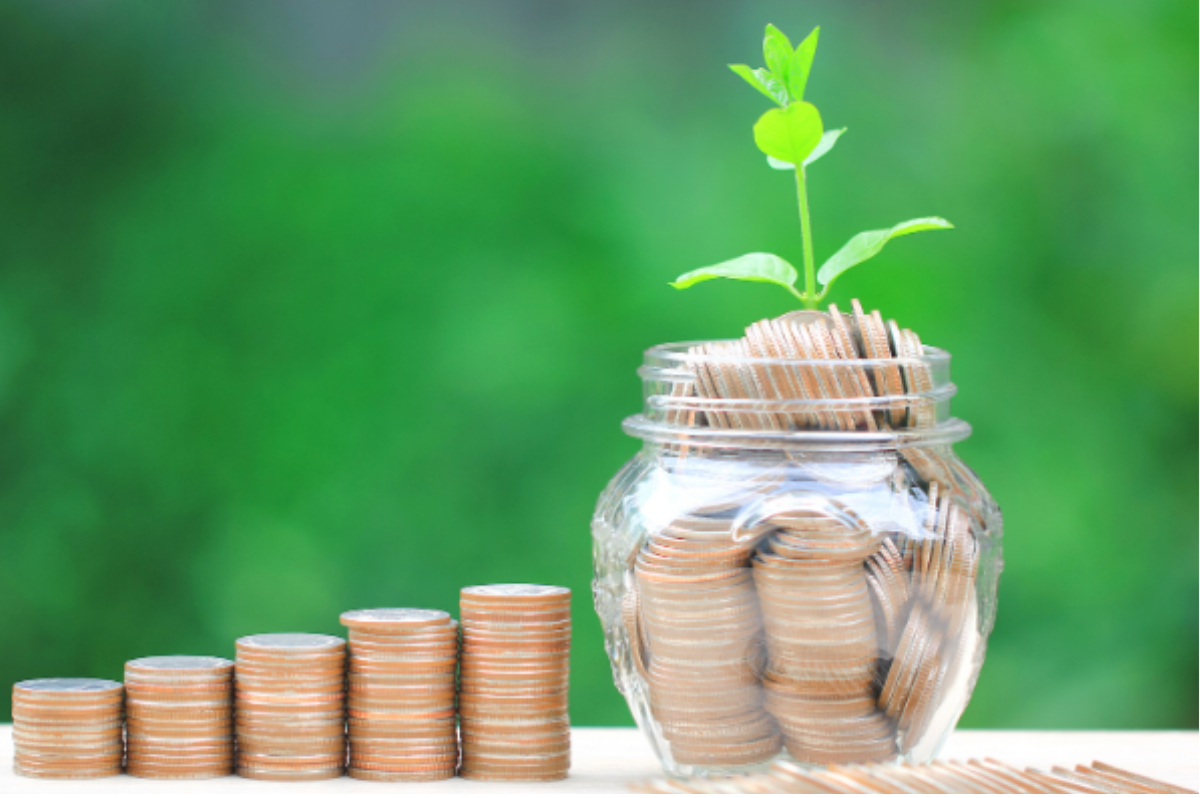If you are like most people (most of you are), you find it hard to put money away in savings with any regularity, and even if you do put money away, you have trouble keeping it there and building it to any sizeable amount.
Today, we will explore ways of building your savings and protecting yourself from yourself. When we speak of savings, we must keep in mind all of the reasons that we save money. We might put money aside for emergencies, we might be saving for a major purchase (e.g. car, boat, house), or perhaps for major needs such as college for the kids or our own retirements.
In today's issue, we will speak mostly to saving money for emergencies and major purchases. College and retirement savings encompass many methods, uses, and tax consequences, so these will be dealt with individually in future articles.
Emergency fund savings seems to be the hardest for people to latch onto, because it is so hard to define a true emergency versus an inconvenience. In addition, if you carry debt, it can be all too tempting to just pay down credit cards, and use the credit cards when an emergency happens.
I know. I've been there.
However, a cash emergency fund is the way to go. If you have a credit card spending problem, raiding your savings account is not the way to fix it. We'll deal with credit card misuse and traps in a future article as well.
PAY YOURSELF FIRST!
The golden rule in establishing personal savings is to PAY YOURSELF FIRST! I know, I know. You have been trying to pay all of your bills, and you are afraid that if you pay yourself first, you won't have enough money for the bills.
Trust me. You can make this work, but ONLY if you pay yourself first. The government may not do a lot of things well, but even they know that if you pay them first, your taxes will get paid. Follow their lead here.
Your payroll check includes deductions for income taxes (state and federal), FICA/MEDC for retirement (as if!) and future medical care, SDI (State Disability Insurance), and may also include withdrawals/contributions to retirement plans, 401(k), and other withdrawals that you have authorized.
I will ask you to either authorize a 5% to 10% automatic deposit to your savings account by your employer, or implore you to make this deposit to savings yourself, when you deposit your check each pay period. Once you make this deposit, forget about touching that money.
Now, if you are used to living paycheck-to-paycheck, this may be difficult at first. You may find yourself running short on money near the end of your pay period. This may mean going to fewer meals out, seeing fewer movies in the theater, or perhaps making some dietary adjustments. This is a good thing. You need to rein in your expenses, and a pay reduction is good medicine for that.
Where I find great success in this is when a client receives a promotion or changes jobs into a higher salary. If this happens to you, take at least one-half of the increase, and add it to what you are saving. Take all of the increase, if you can.
When just starting out, graduating college, or getting a first job, it may be easier to put money away, because you aren't used to having much anyway. Your emergency fund should build to six months' expenses over time. Some planners recommend six months' income, but I find that this sets the bar too high for most people.
This assumes that you are able to maximize your contributions and not touch the money. This can be hard when life throws you a curve ball, but if you can increase your emergency fund by one month's expenses every year, you will improve your financial security over time.
Increase your savings by following the tips in the following articles:



